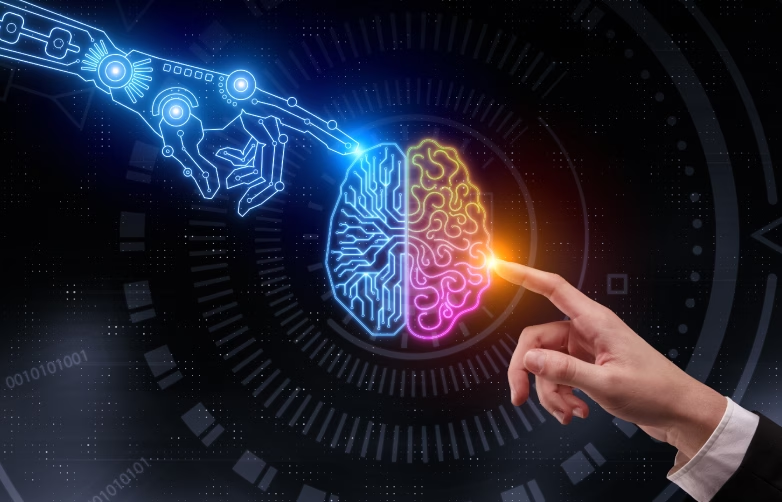Artificial Intelligence (AI) is one of the most transformative technologies of the 21st century, influencing industries from healthcare and finance to education and transportation. Its ability to process massive amounts of data, automate tasks, and even make decisions has the potential to revolutionize how we live and work. However, with this immense power comes a pressing responsibility: the ethical implications of AI. Balancing innovation with ethical considerations is crucial to ensuring that AI positively serves humanity rather than causing harm.
Understanding AI Ethics
AI ethics is the study of the moral principles that guide the design, development, and deployment of artificial intelligence systems. It addresses questions such as: How can we prevent bias in AI algorithms? Who is accountable when an AI system makes a mistake? How do we ensure privacy in an era of massive data collection? Ethical AI requires transparency, fairness, accountability, and respect for human rights, ensuring that technology enhances human well-being rather than undermines it.
Bias and Fairness in AI
One of the most significant ethical challenges in AI is the issue of bias. Algorithms trained on historical data may unintentionally perpetuate societal inequalities, such as racial, gender, or socioeconomic biases. For example, recruitment AI tools may favor specific demographics based on past hiring patterns, and facial recognition systems may perform poorly on underrepresented groups. Addressing bias requires diverse training data, robust testing, and continuous monitoring to ensure AI systems make fair and unbiased decisions.
Privacy and Data Protection
AI systems thrive on data, but this creates ethical concerns regarding privacy and consent. From health records to online behavior tracking, the collection and use of personal data must be carefully regulated and managed. Organizations should prioritize transparency by informing users about how their data is used and implement strong security measures to prevent misuse or breaches. Ethical AI strikes a balance between innovation and respect for individual privacy rights.
Accountability and Transparency
When AI systems make critical decisions—such as approving loans, diagnosing diseases, or guiding autonomous vehicles—accountability becomes essential. Developers and organizations must ensure that AI decisions are explainable and traceable. “Black box” AI, which produces results without understandable reasoning, can lead to mistrust and unintended consequences. Transparent AI allows stakeholders to understand the logic behind decisions and intervene when necessary.
The Role of Regulation
Governments and international organizations are increasingly recognizing the need for regulation of AI. Policies and frameworks aim to promote responsible innovation while preventing harm. The European Union’s AI Act, for example, classifies AI systems based on risk levels, imposing strict requirements for high-risk applications. Such regulatory measures encourage ethical practices without stifling technological advancement.
AI for Social Good
Ethical AI is not just about preventing harm—it’s also about leveraging technology for positive impact. AI can address pressing global challenges, such as predicting natural disasters, improving medical diagnoses, optimizing energy consumption, and enhancing access to education. By aligning innovation with social responsibility, AI can drive progress that benefits society as a whole.
The Human Element
While AI is powerful, human oversight remains essential. Ethical considerations necessitate collaboration among technologists, ethicists, policymakers, and communities to ensure that AI aligns with human values. Education and awareness about AI ethics are critical for both developers and users, fostering a culture of responsibility and accountability.
Conclusion
Artificial intelligence holds incredible potential, but its power must be balanced with ethical responsibility. By addressing bias, ensuring transparency, protecting privacy, and promoting accountability, we can harness the power of AI for a positive societal impact. Ethical AI is not an obstacle to innovation—it is the foundation for sustainable and trustworthy technological progress. As AI continues to evolve, society must remain vigilant, ensuring that human values guide the trajectory of this transformative technology.



